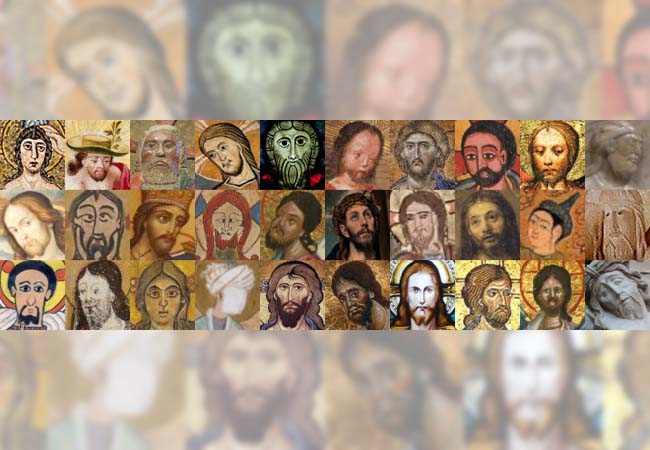The historical research group POLY at the Goethe University wants to give relevant researchers from Ukraine a perspective with a scholarship.
The Russian attack on Ukraine also endangers the lives and work of many scientists. In order to make it easier for at least some of them to continue their research outside of Ukraine, the DFG research group “Polycentricity and Plurality of Premodern Christianities” (POLY) is offering five grants. They are aimed at doctoral graduates who are dealing with medieval or early modern history and are particularly interested in religious diversity.
“With this initiative, we at POLY want to help colleagues from Ukraine who have to flee from the war and strengthen the voice of Ukrainian science,” says Professor Birgit Emich, POLY spokesperson and initiator of the scholarship program, summarizing the motivation of the research group . For Emich, who teaches early modern history at the Goethe University, there are also hopes for Frankfurt research: “With the help of the guest researchers, we could further expand the cooperation in this region, which is necessary for research into religious diversity is fertile”.
The scholarships are endowed with 3,000 euros per month and initially limited to four months. During the promotion, the Ukrainian guests are not only involved in POLY’s work. They also benefit from the other research infrastructure at Goethe University, such as the exchange with the thematically related research network “Dynamics of the Religious”, whose spokesman Emich shares with the theologian and Judaist Professor Christian Wiese.
The application for a scholarship is now possible. Prerequisites are a completed doctorate and academic study of religious plurality in the Middle Ages or early modern period.
–
More information about College research group POLY do you think …? Find here.
–


